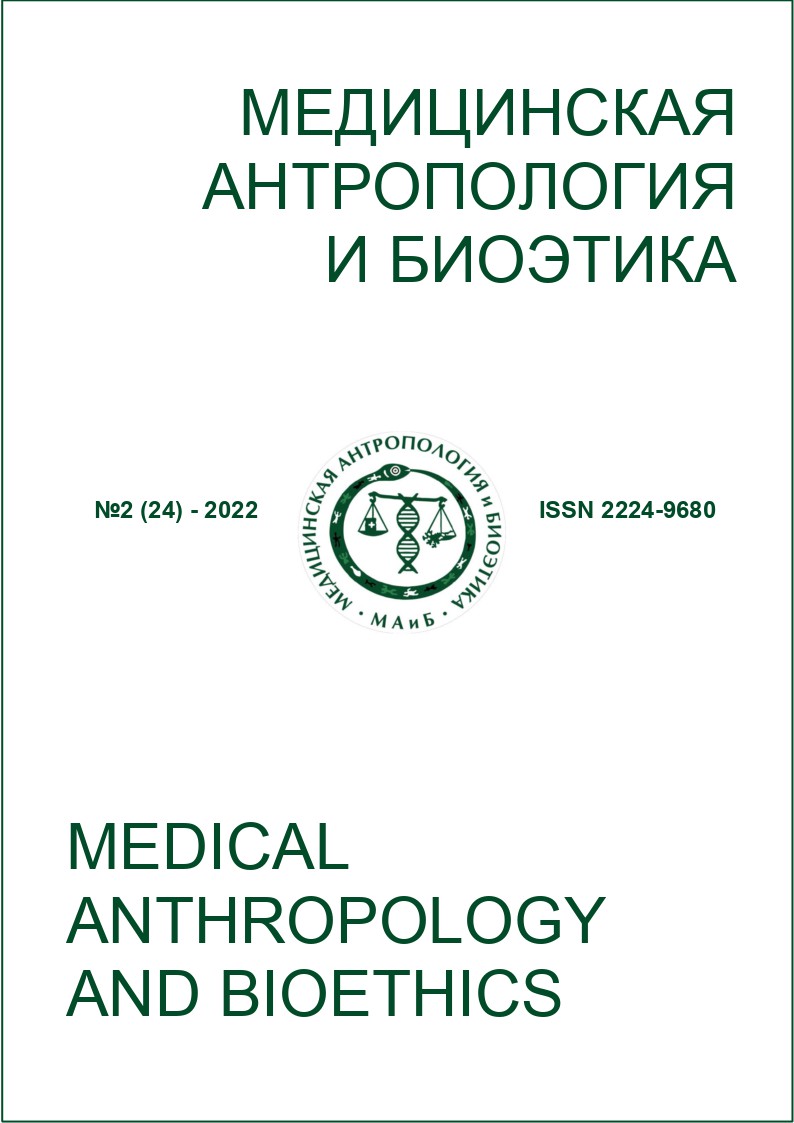ANTHROPOLOGY OF MATERNITY CLINICS IN RUSSIA IN THE XIX – EARLY XX CENTURY: CLINICAL SPACE, PATIENTS AND PROFESSIONALS
Abstract
In Russia, the social history of maternity care is a new topic for research. The presented publication reveals the uniqueness of the anthropology of the maternity clinic within the framework of the biomedical model of obstetrics introduced during the second half of the XVIII – early XX century. The article shows that clinical obstetric care acquired legitimacy exclusively in large cities and was perceived by the population as a pathological place for childbirth. On the one hand, the approved technocratic model of childbirth reduced the level of maternal and infant mortality, provided prompt care and anesthesia. But on the other hand, isolation and segregation of patients took place, rigid ideas about norm and pathology were introduced, the number of surgical interventions that were not always justified grew; patients became an object for medical actions, losing their individuality and initiative, the only maternity position was fixed at the supine position. The space of the maternity clinic reflected, first of all, the interests of doctors, was aimed at maximizing the effectiveness of their obstetric manipulations on women in labor. Midwives have taken a subordinate place in the hierarchy of medical personnel, completely subordinate to doctors. Clinical obstetrics destroyed the traditional culture of childbirth, based on the free behavior of the woman in labor, the preservation of the female space of childbirth, the use of religious rites, folk medicine.

